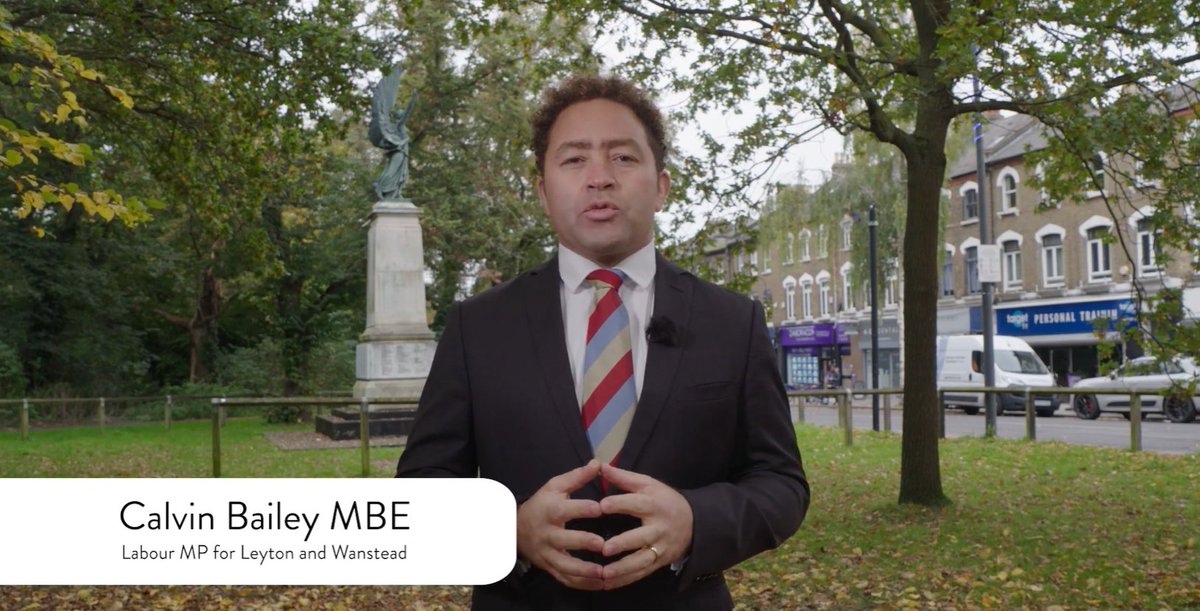Dear Mr Bailey
I trust this finds you well?
Re: The Third Reading of the Terminally Ill Adults (End of Life Bill)
I wrote to you in October and in November 2024 expressing my serious concerns and opposition in principle to the contents of the above Bill. Following your decision to vote in favour of the Bill progressing to the Committee stage you wrote to constituents that
“…we do need to know whether the systems this Bill would introduce are feasible. The only way to do this is to progress it to the Committee stages, which will give us a clearer idea of what this Bill will mean in practice, and allow all of us to take a more informed view at Third Reading.
I therefore voted for the Bill at the initial stage today, in order to continue to test these questions and seek answers. I will continue to listen to all views and share my thinking within this very difficult debate. I will take the same approach at the next reading of the Bill.” 11/29/2024
With this in mind, I write to you again. I do wonder if you will have “a clearer idea of what this Bill will mean in practice” when it returns to the Commons at the end of this month. My sense is that the questions around this Bill have multiplied and the answers have become more opaque.
I considered the introduction of this Private Members Bill to have been unduly hasty and motivated by a reinvigorated lobby who saw the compositional change of the House of Commons following the General election as an opportune moment to press their case and circumstances also provided them with a popular media figure who was an articulate advocate for assisted suicide. At the same time they now had a Prime Minister who was sympathetic to their cause. They seized the moment.
Only eighteen days after it was published, the Bill came before the Commons. However, what was largely lost in the process was rigorous, extended and rational debate. In the rush to present this Bill before Parliament, the complexities and serious thinking involved in legislating for such a matter of grave consequence were seriously underestimated. Thus, far from this issue being largely settled now in concrete legislative form, this Bill continues to raise sincere disquiet and concerns about the content of the Bill that was presented to Parliament, the manner in which this Bill was drafted and how it has been considered in the Committee stage.
As I write, febrile arguments pro and contra this legislation are beginning to surface again on the BBC News website and on the front pages of our newspapers. An indication that people on all sides of this debate sense that this Bill was poorly and hastily conceived in the first place.
Since the second reading, it has become clear that the contents of this Bill cannot provide the safeguards that it promised, e.g., the introduction of a Voluntary Assisted Dying Commissioner appointed by the Prime Minister who was to “hold or have held office as a judge of— (a) the Supreme Court, (b) the Court of Appeal, or (c) the High Court.” It soon became apparent that this central plank of the Bill proved not to be feasible and according to reports will be replaced with a panel of “experts.” We will be assured that this is a strengthening rather than weakening of the safeguards. If that is the case, why was the idea of a Voluntary Assisted Dying Commissioner included in the first place? With what confidence can we now judge the feasibility of this proposed panel or committee?
On a matter of such social significance, is this manner of legislating on such a complex and consequential change in our society acceptable?
There also exists an unease about how the Committee of 23 MP’s selected to scrutinise this Bill was created given that fourteen of them voted in favour of the second reading including three MP’s with backgrounds in medicine. This 14-9 majority is significantly less balanced than the Commons vote. It is not unreasonable to surmise that the quality of the scrutiny has, at best, been compromised, and, at worst, degraded. Therefore, it is not surprising that amendments proposed to safeguard groups, such as, people with Down’s Syndrome, or an amendment to prohibit doctors from advertising or promoting assisted suicide services have been defeated and by similar voting margins.
Furthermore, Kim Leadbeater has refused to provide assurances that she would oppose any future expansion of the assisted suicide law. She is right not to provide such assurances as the licence to kill, no matter how tightly couched in the terminology of safeguards, cannot be contained. The hard truth is that there are no legal “safeguards” that can render assisted suicide safe. If this Bill passes into law there will be people who will be put to death who should be alive.
When the proponents of this Bill have been questioned about these matters, their response has been evasive or defensive. This suggests that the impartial and rigorous scrutiny that we were assured would take place has, in fact, been skewed by individuals and lobby groups who are determined to see this Bill pass into law and can envisage its expansion in the future.
The law has a powerful and persuasive pedagogical effect. Influenced by Judeo-Christian values, the law in this country has been largely weighted on the side of life and the care of the most vulnerable in our society. This Bill proposes to unravel this historic position in favour of an overriding concern for the freedom to choose, with little or no reference to what is chosen or its effects on the common good. When the proper limits on self-determination are relaxed or removed in law, when the right to life is surrendered in a cavalier fashion, then the unthinkable becomes the debateable and, in time, the justifiable takes on the guise of the unexceptional and the pervasive. The moral claims that bind a society are weakened and we are left with a crypto morality, “things”, to be traded in the marketplace of society. When this happens, history shows that it is not long before a society loses its claim to be a civilisation.
As this Bill returns to the Commons, I hope that the sober and respectful debate that we witnessed at the Second Reading is again evident. I am confident that will be the case. I do not underestimate the challenge that MP’s face in considering this Bill. But I also hope that if MPs do not have a clear idea of what this Bill will mean in practice; if they cannot determine the feasibility of the systems within it; if the questions they have are not compellingly answered, then, they should vote this Bill down, even if this means turning their original “Aye” into “No.”
I wish you and your colleagues all the very best in your deliberations.
Yours faithfully
Fr Martin Boland


